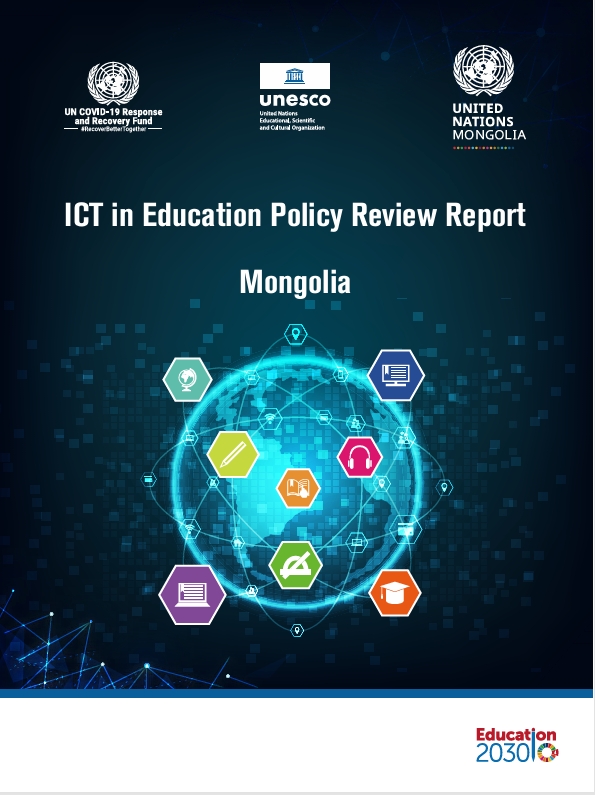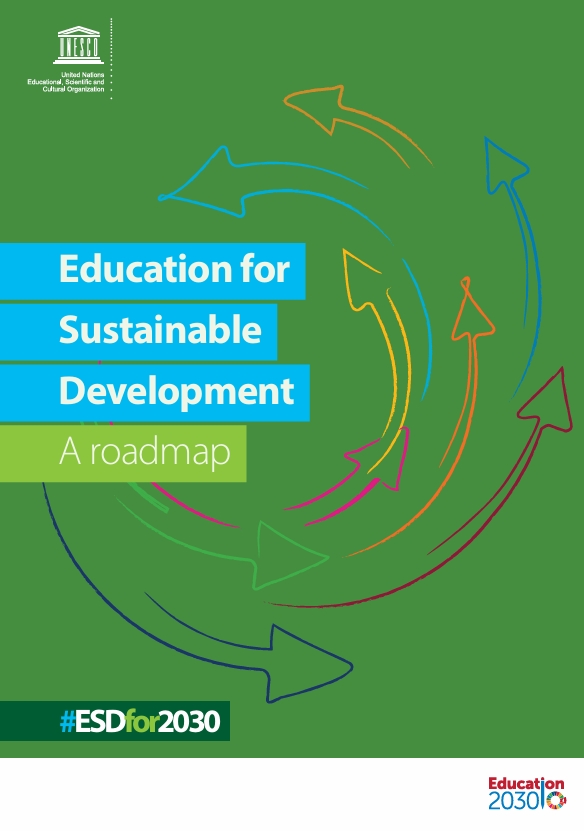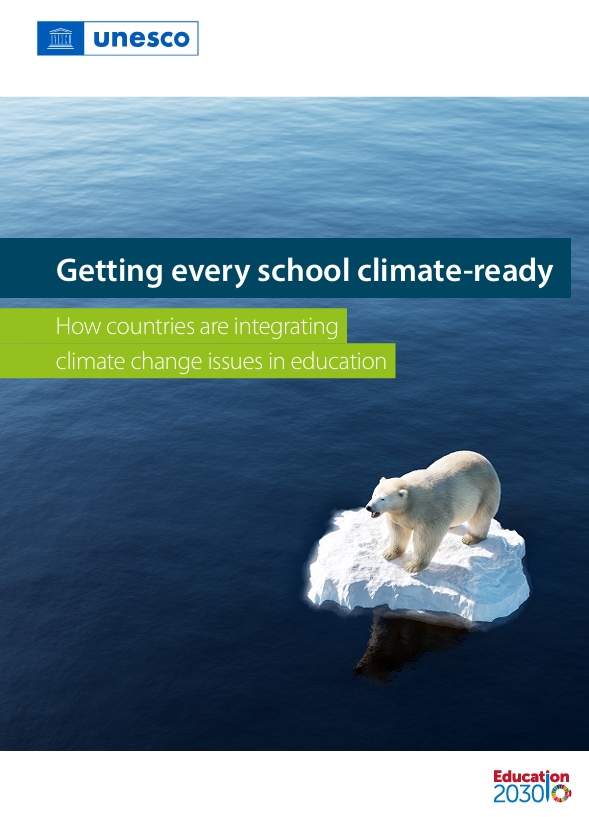Within the framework of SDG4-Education 2030, information and communication technologies (ICT) form a cross-cutting pillar that is key to enhancing the quality of education everywhere.
Throughout the world, UNESCO works closely with Member States to strengthen their education systems and help them cope with emerging domestic and global education challenges. In the field of ICT in education, UNESCO supports the efforts of Member States to design and implement effective evidence-based ICT in education policies and plans, building capacity and promoting best practices in ICT integration at all levels of their education systems.
UNESCO's technical assistance and policy advice to Member States regarding ICT in education spans over several decades. It has helped countries develop credible policies and master plans to institutionalize ICTs in education. Guided by collaborative and consensus-driven approaches in order to respond to the unique needs of both countries and local communities, and targeting the most disadvantaged populations, UNESCO has sought to guarantee the equity, relevance and quality of education for all.
The COVID-19 pandemic has generated learning crises in all countries.
In Mongolia, children's instructional time at school during the academic year of 2019-2021 was cut in half due to the closure of kindergartens, schools and other education facilities beginning 27 January 2020. This situation cannot be ignored since evidence from past emergencies in Mongolia and elsewhere show that a disruption in children's education often results in an increased number of children dropping out of school. Furthermore, given an already high inequality rate in access to quality education, the COVID-19 pandemic has further increased the disparities between rural and urban areas, as well as between low-income and high-income households. Unfortunately, the education sector in Mongolia was ill-equipped and not well prepared to respond effectively to the pandemic and its direct impact on the education sector and, more broadly, the social and economic sectors.
To respond to critical issues in health and education during the pandemic, the UN COVID-19 Response and Recovery Multi-Partner Trust Fund (MPTF) Project was approved by the United Nations Secretariat.
The UN MPTF Project was coordinated under the leadership of the UN Resident Coordinator's Office in Mongolia. Its funding was approved and targeted at the health and education sectors. The objectives of the project were aligned with Mongolia's Sustainable Development Vision 2050 and the National Emergency Response Plan. The primary goals were to create an online learning platform to mitigate the learning lost during the pandemic and ensure that schools would re-open. For the education component of the UN MPTF Project, UNESCO, UNICEF and UNFPA were tasked with implementing and strengthening the delivery, capacity, and resilience of the education system to better respond to future emergencies and disasters.
UNESCO was specifically tasked with reviewing the existing ICT in education policy and regulatory framework. The vision of the Ministry of Education and Science was to establish an efficient distance and open learning system, with an integrated national e-learning system and a distance learning infrastructure that embraces e-learning at all levels of the education system.
I am confident that this final report of the ICT in Education Policy Review was consolidated through a robust consultative process, taking into consideration the feedback and views from all education stakeholders in Mongolia.
This final report on the ICT Policy Review:
It is my sincere hope that this ICT in Education Policy Review final report will help guide and benefit policymakers, planners, and other relevant education stakeholders in Mongolia. Further, I hope that the key policy recommendations suggested in this report will contribute towards harnessing the power of ICT in developing a more resilient, inclusive, and equitable education system in Mongolia.
I wish to acknowledge and express the deepest appreciation to the UN Resident Coordinator in Mongolia, donors for the UN MPTF Trust Fund, UNCT, UNICEF, the Ministry of Education and Science, and all education stakeholders for collaborating closely with UNESCO to complete the ICT in Education Policy Review report for Mongolia within the framework of the UN MPTF Project.
Connect with us :






